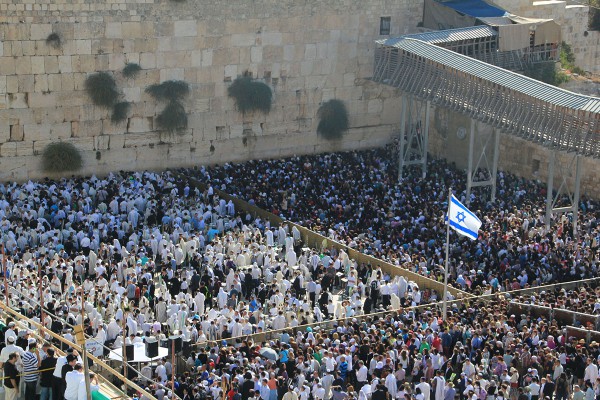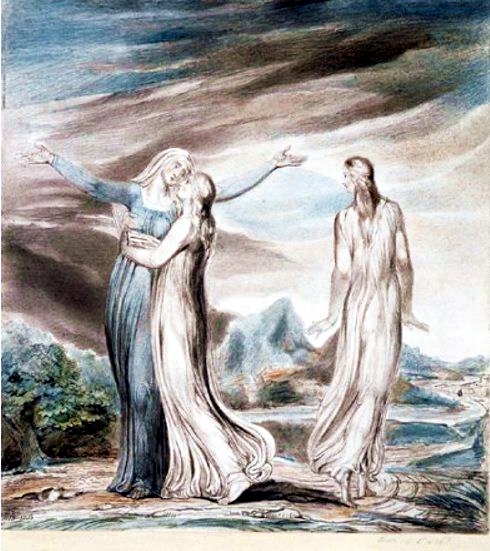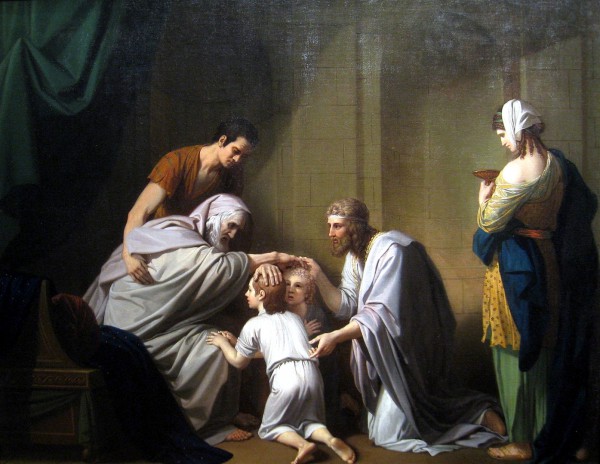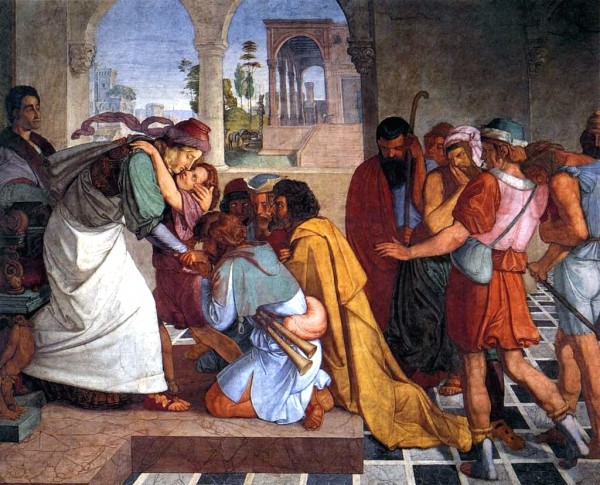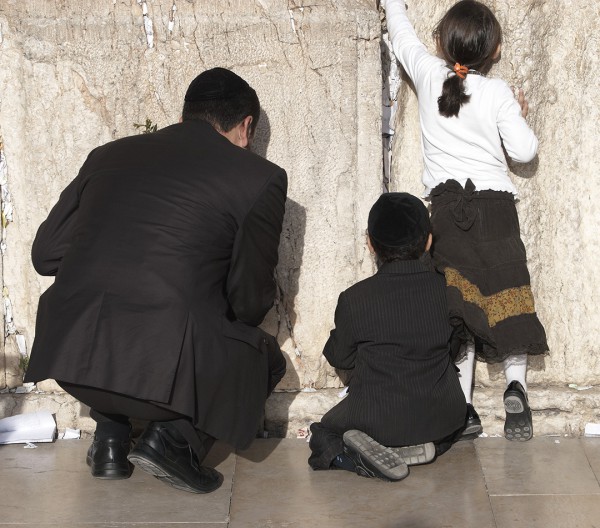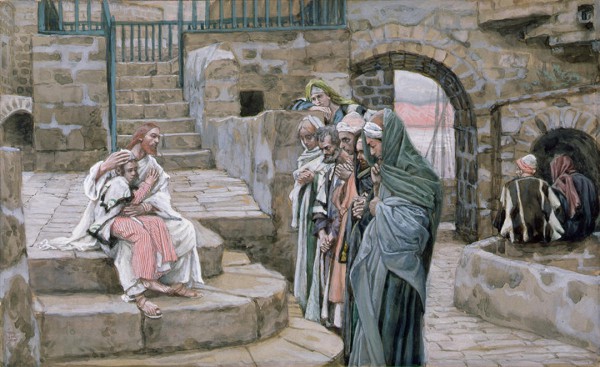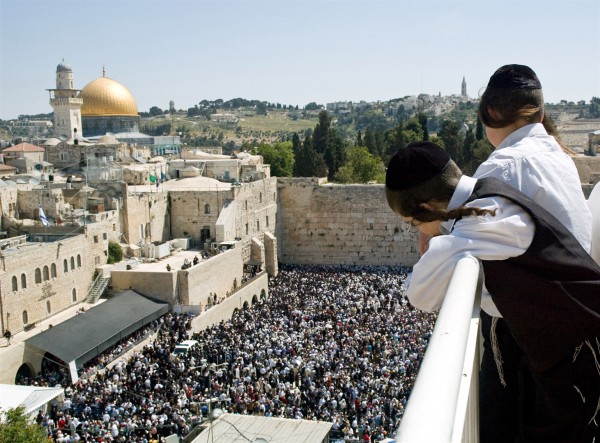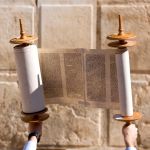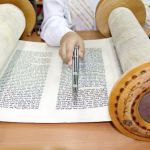“They shall put My name upon the children of Israel; and I will bless them.” (Numbers 6:27)
God’s heart is for each of us is to live blessed lives.
But with so many temptations in our daily lives from ungodly teachers, religions, and media, how can we nurture this blessing for ourselves and for the children in our spiritual reach, whether they are our own children, relatives, students, or neighborhood kids?
The Bible gives us many opportunities to impart blessings, and we will look at one here: the Sabbath Blessing.
God blessed one day during the week as holy. That set-apart day gives us a unique opportunity to impart blessings of His protection, wisdom, and encouragement over others, especially the children in our care.
“God blessed the seventh day and made it holy, because on it God rested from all His work that He had done in creation.” (Genesis 2:3)
What is the connection between God blessing the Sabbath and us blessing another person?

“On the seventh day God finished His work that He had done, and He rested on the seventh day from all His work that He had done.” (Genesis 2:2)
The divine privilege to bless another person comes from each of us being created in the image and likeness of God.
“Within our DNA is an inbuilt desire to receive spiritual blessing—it is the way God has made us. God’s first action after creating man (male and female) was to bless them. The spiritual power released in the blessing provided a foundation for them to begin to fulfill their destiny as stewards of the earth and its inhabitants.” (Ancient Paths: The Ancient Secret of the Power of a Parent’s Blessing, p. 1)
As we move through Genesis, we see that Abraham, Isaac, and Jacob each blessed their children.
Balaam, the Gentile prophet of God, blessed Israel.
God taught Moses and Aaron to bless the people of Israel through the birkat kohanim (priestly blessing) also known as the Aaronic Benediction (Numbers 6:24–27).
And it is our privilege to bless others also.
Blessing others is an opportunity for Believers in Messiah Yeshua (Jesus) to exercise our Godly position as priests—mediators in a holy kingdom—not only on Shabbat but on any day of the week.
“You are a chosen race, a royal priesthood, a holy nation, a people for His own possession, that you may proclaim the excellencies of Him who called you out of darkness into His marvelous light.” (1 Peter 2:9; see also Exodus 19:6)
We can bless any person that God has placed in our path for spiritual protection or guidance.
In fact, we have the power of life and death in our tongues (Proverbs 18:21).
So imagine what a blessing spoken by a Holy Spirit-filled Believer can do!
Let’s discover what the Sabbath Blessing signifies and learn how we can tap into this divine honor as a royal priesthood to help others, especially the children entrusted to our spiritual care, grow into strong, Godly followers of Messiah Yeshua.
Giving Others More of God
The Hebrew word for blessing is berakah from the root B-R-K, which means both blessed and to kneel or bend the knee.
What a lovely word picture to remind us that as we seek God’s blessings for others, including children, we are to stay humble as if we are kneeling before our Almighty Father, the One who bestows goodness upon His creation.
What are we asking for when we ask God to bless us and others?
According to Jewish sages, to bless means to increase or bring down Divine abundance. (Aish)
So, when we bless someone, we are asking God to increase their spiritual strength, physical health, emotional joy, or whatever they may need to live in God’s divine will, and that He will shine His light on them.
We are asking God to give them more of Himself.
What an honor that is!
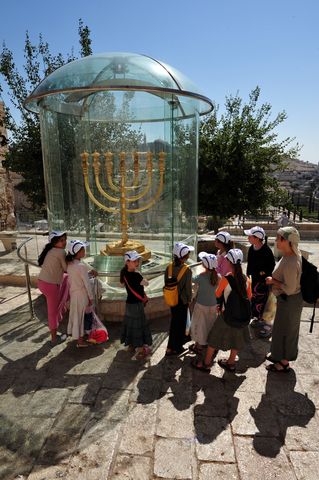
This massive, solid gold menorah was crafted by the Temple Institute for the Third Temple. This 24k menorah is on display inside a transparent case overlooking the stairs that lead down to the Western (Wailing) Wall Plaza at the foot of the Temple Mount.
Blessing Children: Our Divine Privilege
While Jews and Gentiles are often blessed each Shabbat at Messianic congregations and synagogues worldwide, it is up to each of us to reach out to the children around us, whoever they are, to move God’s mind and heart into their own.
Although Believers can bless a child at any time, the holiness of the Sabbath makes this blessing especially anointed.
In a Messianic congregation, Rabbis often bless children during the Shabbat service as adults hold a tallit (prayer shawl) above them.
Jewish families traditionally bless their children shortly after arriving home from their Friday night prayers at the synagogue.
How this Sabbath Blessing is given varies from home to home. For instance, sometimes the mother will say the blessing over the daughters and the father over the sons; in other homes, just the father says the blessings over each child.
Some parents lay both hands on the child’s head while others lay one hand on the head and one on the shoulder.
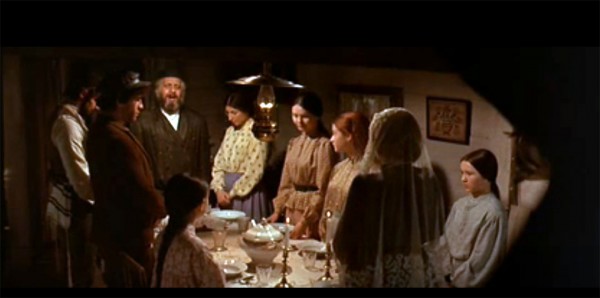
In Fiddler on the Roof, Tevye and Golde sing their own Sabbath Prayer of blessings over their children and friends of their children just before sitting down to eat Sabbath dinner. (YouTube capture)
Though the traditional words we speak over boys and girls seem fairly similar, the meaning behind each one is especially insightful for Messianic Believers.
Moreover, each blessing is intended to be tailored for each child.
Therefore, after reciting the traditional blessings, a word of encouragement, praise, or favor is spoken over each child individually.
Let’s now explore each part of this special Sabbath Blessing.
The Sabbath Blessing for Girls
Ye’simcha Elohim ke-Sarah, Rivka, Rachel ve-Leah.
May God make you like Sarah, Rebecca, Rachel and Leah.
In the Western mindset, it might seem odd to ask God to make a girl like these early matriarchs of our faith.
But in this blessing, we are not only asking that our girls become good role models in the midst of difficult home lives, envy, jealousy, and rejection from peers like these foremothers did.
We are also asking God to make them like Ruth.
How so?
At the very end of the Book of Ruth, the elders and people at the gate of Bethlehem ask the Lord to make Ruth “like Rachel and like Leah, both of whom built up the house of Israel, and prosper in Ephrathah and be famous in Bethlehem.” (Ruth 4:11)
Indeed, Ruth a Moabite woman, was not only accepted into the House of Israel, she helped to build it up by becoming the great-grandmother of King David, and eventually she bestowed a great name in Bethlehem—Yeshua (Jesus).
So, when we bless a girl, we are asking the Lord to bring her into His house as Ruth was brought into the house of Israel, and that she become a special part of building His kingdom for His glory.
Amen!
The Sabbath Blessings for Boys
Ye’simcha Elohim ke-Ephraim ve’chi-Menashe.
May God make you like Ephraim and Manasseh.
The blessing for boys originated with the patriarch Jacob, whose twelve sons were expected to become the twelve tribes of Israel.
While Jacob rested on his deathbed, Joseph brought his own two sons, Ephraim and Manasseh, before his father Jacob to receive a blessing from him. This blessing extended Jacob’s inheritance equally to his grandsons.
Jacob blessed his grandsons by proclaiming over Ephraim and Manasseh:
“Israel will speak of you in their own blessings by saying, ‘May God make you like Ephraim and Manasseh.’” (Genesis 48:20)
Now, every generation asks the Lord to make their boys like Ephraim and Manasseh. But why?
One reasons is that their father Joseph lived a righteous life after his brothers sold him into slavery in Egypt. There, he rose to second in command of the entire nation.
And although these brothers were raised to maturity in a pagan nation outside the homeland of Israel, they remained faithful to their grandfather’s faith and character in a pagan society lacking godly ideals.
As well, even though they lived a privileged lifestyle in the palace of Pharaoh, they were the first of the patriarchal brothers to not be involved in a heated rivalry as we see with Isaac and Ishmael, Jacob and Esau, and Joseph and his brothers.
It seems that Ephraim and Manasseh broke the cursed cycle of competition and feuding that destroys the peace and unity of families. This is the heart of God, who said through the psalmist:
“How good and pleasant is it for brothers to sit peacefully together.” (Psalm 133:1)
More importantly, these young men set aside their Egyptian paradise and accepted their adoption into the house of Jacob, which God named Israel.
Through this adoption, Ephraim and Manasseh became two of the twelve tribes of Israel.
So, when we bless a boy in this traditional manner, we are asking the Lord to guard his heart against the attractions of the world and open it to accept the calling of Yeshua on His life so that he may be adopted into the house of God.
“To all who received Him, to those who believed in His name, He gave the right to become the children of God—children born not of natural descent, nor of human decision or a husband’s will, but born of God.” (John 1:12–13)
We are asking the Lord to bestow on him the abundant blessings of the Lord’s kingdom as a child of the King and fellow heir.
May it be so!
The Sabbath Blessing for Everyone
After reciting the individual blessing over a boy or girl, the priestly blessing or Aaronic benediction is now spoken over each child (either individually or as a group):
Yevarechecha Adonai (YHVH), ve’Yishmerecha.
Adonai (Yehovah) bless you and keep you.
Ya’eir Adonai (YHVH) panav eilehcha,
Adonai (Yehovah) make His face to shine upon you,
vi’chunehka.
and be gracious to you.
Yissa Adonai (YHVH) panav eilehcha,
Adonai (Yehovah) lift up His countenance upon you,
ve’yaseim lecha shalom.
and give you peace.
(Numbers 6:24)
Though tradition has replaced God’s personal name with Adonai in this blessing, Aaron was told to speak God’s personal name YHVH (often pronounced Yahweh or Yehovah) over the People of Israel.
In fact, the reason Yehovah gave this blessing to the priesthood of Israel is so that His name would be placed upon the people, and then He will bless them. He says,
“In this way they are to put My name on the people of Israel, so that I will bless them.” (Numbers 6:27)
Notice, too, that this blessing is not a request.
Instead, the blessing is spoken as a declaration by one with divine authority, as a priest of a holy nation.
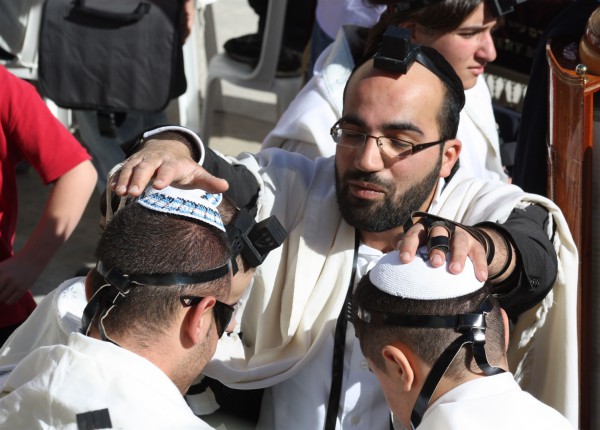
A blessing is recited over two Jewish youth at the Western Wall, also known as the Wailing Wall and the Kotel. (Photo by Kyle Taylor)
After giving the priestly benediction, some add another blessing from Isaiah 11:2:
“The Spirit of the LORD shall rest upon him [or her], the Spirit of wisdom and understanding, the Spirit of counsel and might, the Spirit of knowledge and the fear of the LORD.”
When we speak this blessing over our children, grandchildren, nephews, nieces, students and the greater community around us, we are asking for God’s wisdom and discernment, His power, and His knowledge to rest on them.
We are asking the Lord to not only place the name of Yehovah on our children but also the mind of Messiah Yeshua, which is the mind of Yehovah Himself.
Can you imagine performing any other act more highly honored than that?
We can follow this blessing with individual words of encouragement suited to the child’s own spiritual, emotional, or physical needs.
Finally, some conclude the blessing with a hug or kiss.
Yeshua Blesses the Children
How did Yeshua bless the children?
“He took them up in His arms, laid His hands on them, and blessed them.” (Mark 10:16)
While the disciples tried to keep the children away from Yeshua, He instructed them: “Let the children come to me; do not hinder them, for to such belongs the kingdom of God.” (Mark 10:14)
What Yeshua said in His blessing, we do not know. What we do know is that He blessed with authority.
We also know that children hold a special place in the heart of Yeshua and our Father in Heaven.
In fact, those of us who enter His kingdom will be those who receive it “like a child”—simply and purely seeking the love and acceptance of our Father in Heaven, wanting to please Him in everything we say and do.
May we watch over the souls of all children in our care and our own souls as well, keeping them pure in heart and innocent in spirit.
One way we can do this for ourselves is by being blessed under the priestly authority of other Believers. The priestly blessing spoken over a congregation during most Messianic services on Shabbat is a powerful way to nurture that blessing over ourselves.
And it is our honor to serve as a mediator of God’s divine increase by blessing the children in our midst as a priest in a holy nation—not because of how good we are but because of what Yeshua did for us.
As Chris Tomlin sings in “Amazing Love,” we are forgiven because He was forsaken; we are accepted because He was condemned.
Now it’s our joy to honor Him in all we say and do, and that includes blessing our children.
It is also our divine privilege to bless God’s Chosen People in Israel and around the world.
Let us declare with priestly authority that the hearts of the Jewish People will be open to accept the invitation of Yehovah into His kingdom as His heirs through their acceptance of Messiah Yeshua.
May it be so!





